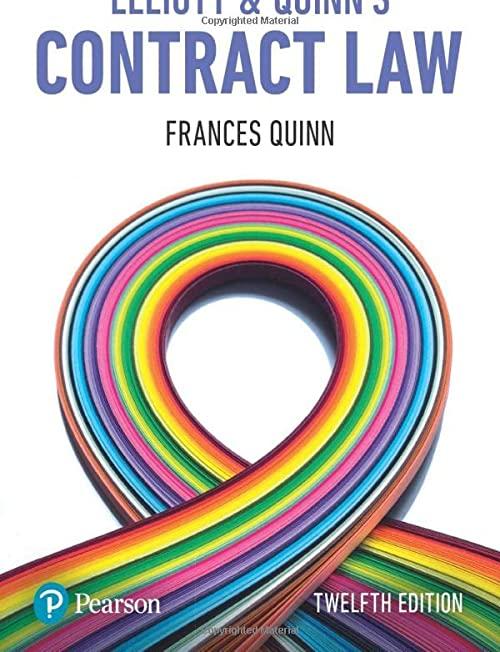Question
Published:Sunday | April 24, 2022 | The Sunday Gleaner Currently, people can run for political office in Jamaica as either representatives of registered political parties
Published:Sunday | April 24, 2022 | The Sunday Gleaner
Currently, people can run for political office in Jamaica as either representatives of registered political parties or as independent candidates. From a legislative standpoint, there are two significant reasons for parties to register. The most immediate of these is that it provides a legally structured framework in which to raise money for election campaigns. The other is that when that bit of the law is finally promulgated, political parties will be able to receive state funding (up to 40 per cent of their expenditure of the previous year, but limited by the Government's budgetary allocation for this) to help pay for their day-to-day operations.
As of now, though, all the general activities of parties as well as their election campaigns are paid for with money they raise from private donors and members. During an election, a party is allowed to spend up to J$630 million on its campaign. But that is not the real cap on the election expenditure. Each of its candidates can separately spend J$15 million. With 63 parliamentary constituencies in Jamaica, that could add another J$945 million in expenditure
That is why parties and candidates are required to file with the Electoral Commission of Jamaica (ECJ) how much money they raise during the "reporting period". They also have to identify contributors of more than J$250,000. Additionally, individuals and firms that enter into contracts with the Government during the "reporting period", and up to two years after making the contribution, have to report the fact of the contract to the ECJ. However, these filings are private to the ECJ. The Commission publicly reports broad summaries of the information supplied by the parties and their candidates.
There is a further problem. Unless an election is called earlier, the "reporting period" begins six months before the end of a government's five-year term. That is a gaping hole in the law. Donors, for instance, are able to front-load their contributions ahead of the reporting by providing cash and kind in the months ahead of the opening of the reporting window. The upshot: parties and candidates won't have to account for a chunk of the contributions they receive.
Our view is that in addition to requiring the naming of big donors, the law should require that the filings are done semi-annually (including by sitting candidates and constituency caretakers) and not be limited to a campaign period. Expenditure limits, however, would remain on campaigns. The annual audited financial reports of parties would capture the income that flows to the central organisation.
CASE QUESTION 1
Why is improper political contribution seen as a type of corruption? (5 marks)
Case Question 2
How can "naming of big donors" assist in mitigating improper political contribution? Refer to any one of the seven (7) characteristics of governance in your response. (10 marks)
Case Question 3
What is the impact of "improper political contribution" on
a.Business
b.Government
c.Society (15 marks)
Step by Step Solution
There are 3 Steps involved in it
Step: 1

Get Instant Access to Expert-Tailored Solutions
See step-by-step solutions with expert insights and AI powered tools for academic success
Step: 2

Step: 3

Ace Your Homework with AI
Get the answers you need in no time with our AI-driven, step-by-step assistance
Get Started


